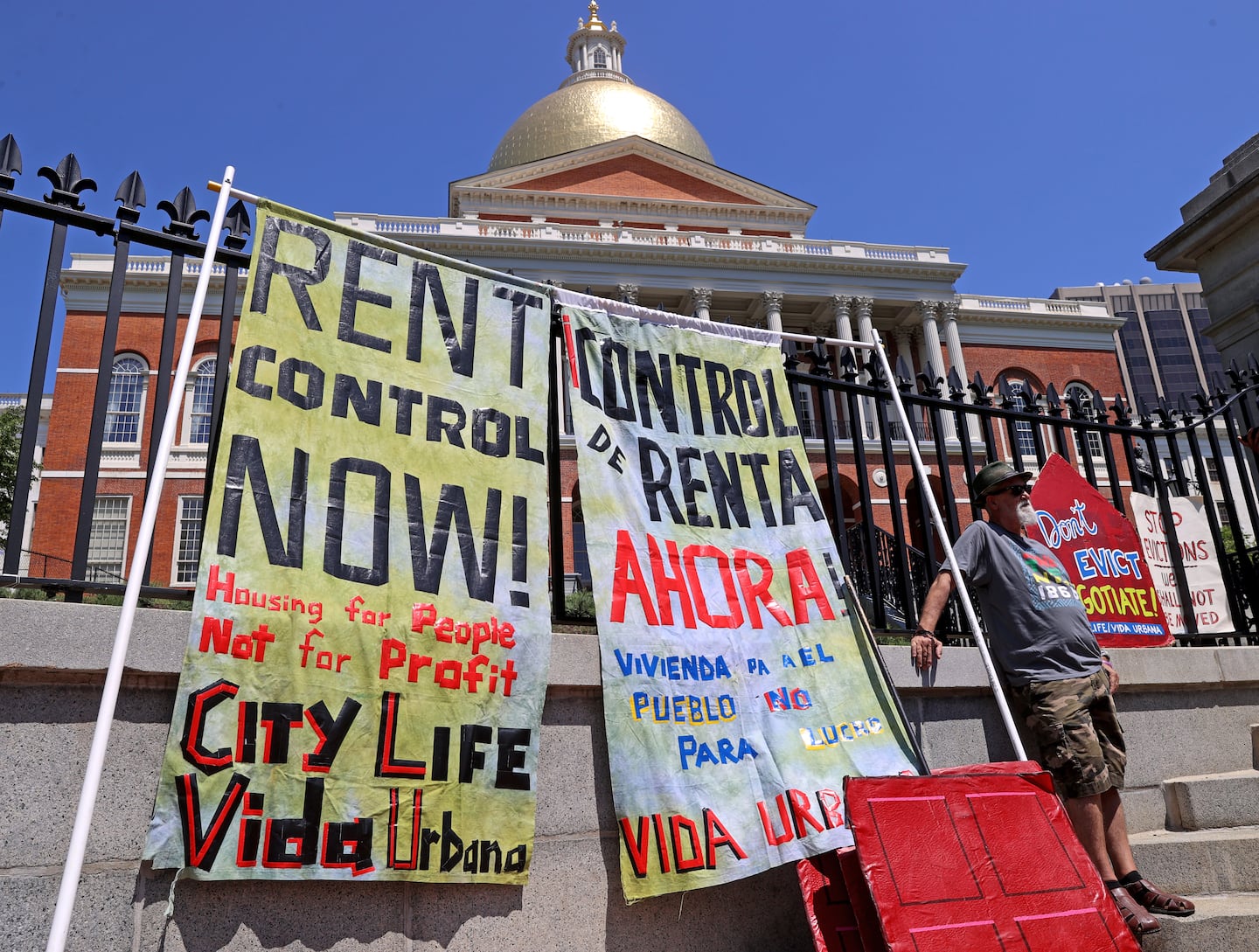T
he Massachusetts real estate industry is bracing for a fight as tenant advocates push to put rent caps on the ballot in November 2026. The proposed measure, filed by Homes For All Massachusetts, would limit annual rent increases to a federal inflation index with a hard cap of 5 percent, excluding small buildings and new developments for 10 years.
Industry representatives are alarmed by the proposal's potential impact on property owners' bottom lines and warn that it could stifle new construction. "It's such a punitive form of rent control, it almost exudes the frustration of tenants and tenant advocates with the real estate industry," said Greg Vasil, CEO of the Greater Boston Real Estate Board.
Developers argue that rent control would reduce revenues for property owners, making it difficult to maintain buildings and keep up with inflation. They also claim it would slow construction of new housing, as investors become wary of projects with reduced cash flow.
Tenant advocates, however, see rent control as a necessary measure to address the state's affordable housing crisis. "I understand the sentiment that it takes a while to build more housing, which is what will bring down rents," said Amir Shahsavari, vice president of the Small Property Owners Association. "But rent control as an emergency provision is counterproductive because it stunts the growth of new housing supply."
The real estate industry has significant influence on Beacon Hill and has successfully defeated policies favored by tenant advocates in the past. With deep pockets and a strong lobbying presence, they are likely to spend heavily to fight the proposed ballot initiative.
Industry leaders say the proposal's low cap would be devastating for landlords, but also sees it as an opportunity to mobilize against what they consider an extreme policy. "The policy is so extreme, so punitive, I would expect the industry to have a very emphatic response," said Vasil.













